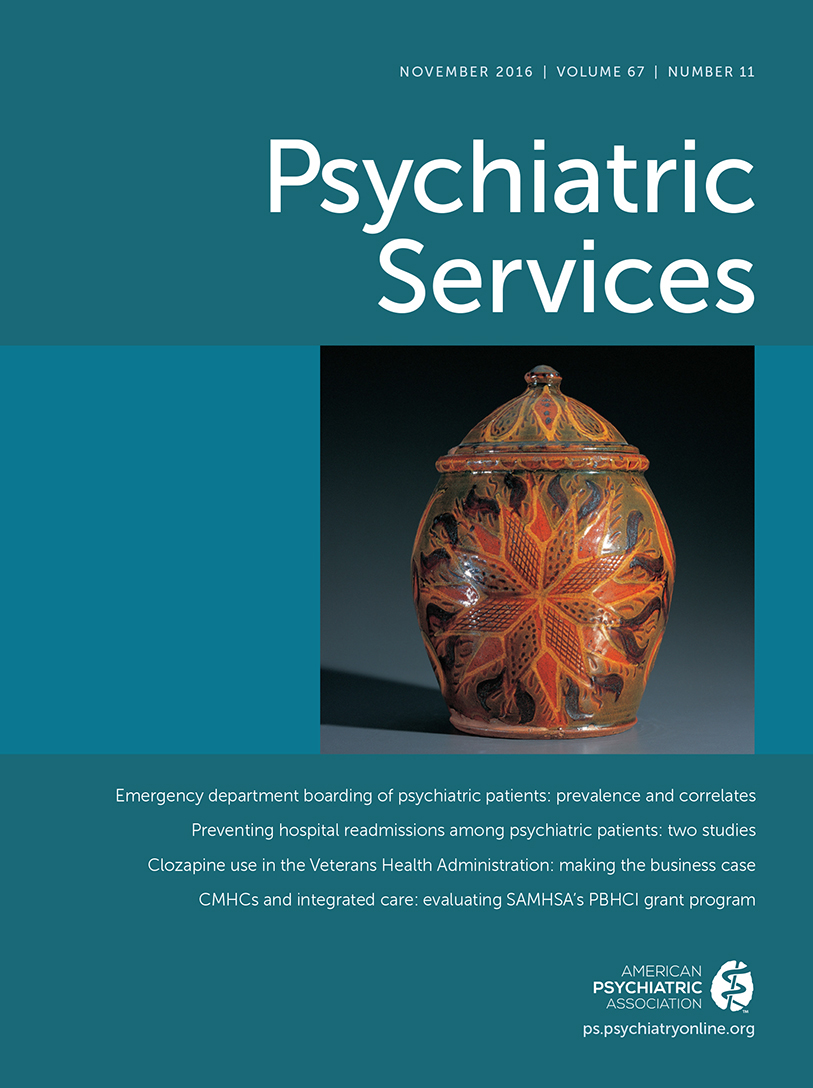Association of Supported Employment With Cognitive Functioning and Employment Outcomes
Abstract
Objective:
Cognitive functioning affects employment outcomes in supported employment. This study examined which cognitive parameters are associated with employment outcomes for persons with mental illnesses and discusses possible mechanisms involved.
Methods:
Data stem from a randomized controlled trial conducted as part of the Zürich Impulse Program for the Sustainable Development of Mental Health Services (ZInEP). A sample of 116 patients in supported employment was recruited, coached, and followed up. Factor analysis and logistic regression were used to determine cognitive parameters associated with employment outcomes.
Results:
Results showed that verbal learning was positively associated with better employment outcomes (any job and employment for at least three months).
Conclusions:
Results of this study imply that training in verbal learning should be included in supported employment programs. More generally, elaborated models are needed to explain interactions between cognitive functioning, supported employment, and employment outcomes and to enhance understanding of the interrelationships between cognitive functioning, employment outcomes, and any mediating and moderating variables.



